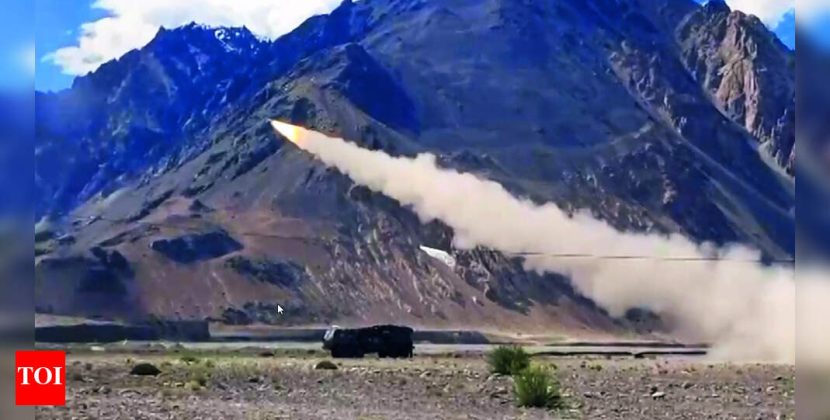
President Biden moved just hours before leaving office on Monday to guard some of President-elect Donald J. Trump’s most high-profile adversaries against a promised campaign of “retribution” by issuing pre-emptive pardons to head off politically driven prosecutions.
Among those receiving the pardons were Gen. Mark A. Milley, the former chairman of the Joint Chiefs of Staff; Dr. Anthony S. Fauci, the longtime government scientist; and all the members of the bipartisan House committee that investigated the Jan. 6, 2021, attack on the Capitol, including former Representative Liz Cheney, a Republican from Wyoming.
“I believe in the rule of law, and I am optimistic that the strength of our legal institutions will ultimately prevail over politics,” Mr. Biden said in a statement. “But these are exceptional circumstances, and I cannot in good conscience do nothing. Baseless and politically motivated investigations wreak havoc on the lives, safety and financial security of targeted individuals and their families.
“Even when individuals have done nothing wrong — and in fact have done the right thing — and will ultimately be exonerated, the mere fact of being investigated or prosecuted can irreparably damage reputations and finances,” he added.
In issuing the pre-emptive pardons, Mr. Biden effectively turned the president’s constitutional power of forgiveness into a protective shield against what he maintains would be politically motivated vengeance. No other president has employed executive clemency in such a broad and overt way to thwart a successor he believes would abuse his power.
His action offered a dramatic testament to how radically power will shift in Washington at noon when Mr. Trump takes the oath to succeed Mr. Biden. In the morning, the outgoing president used his pardon authority to protect those who investigated the Jan. 6 attack on the Capitol. In the afternoon, the incoming president has said he will pardon many of those who mounted the attack.
Mr. Biden emphasized that he did not issue the pardons because any of the recipients actually committed crimes. “The issuance of these pardons should not be mistaken as an acknowledgment that any individual engaged in any wrongdoing, nor should acceptance be misconstrued as an admission of guilt for any offense,” he said.
Throughout his campaign last year, Mr. Trump threatened to prosecute Democrats, election workers, law enforcement officials, intelligence officials, reporters, former members of his own staff and Republicans who do not support him, often without identifying any specific criminal activity.
General Milley, Ms. Cheney and Dr. Fauci were among those singled out by name by Mr. Trump and his allies. Mr. Biden also extended pardons on Monday to the entire staff of the Jan. 6 investigating committee as well as to the Capitol Police and Metropolitan Police Department officers who testified during the inquiry.
Mr. Trump has said he would “appoint a real special prosecutor to go after” Mr. Biden and his family. Mr. Biden previously issued a pardon to his son Hunter that covered any possible crimes over an 11-year period, but the president did not include himself or any other members of his family in the pre-emptive pardons announced on Monday.
Ms. Cheney did not immediately react to the pardons, but General Milley and Dr. Fauci publicly thanked Mr. Biden.
“After forty-three years of faithful service in uniform to our Nation, protecting and defending the Constitution, I do not wish to spend whatever remaining time the Lord grants me fighting those who unjustly might seek retribution for perceived slights,” General Milley said in a statement. “I do not want to put my family, my friends, and those with whom I served through the resulting distraction, expense, and anxiety.”
Dr. Fauci likewise pointed to his long career in public service and noted that he had been the subject of politically motivated threats of prosecution. “There is absolutely no basis for these threats,” he said in his own statement. “Let me be perfectly clear: I have committed no crime and there are no possible grounds for any allegation or threat of criminal investigation or prosecution of me.
“The fact is, however, that the mere articulation of these baseless threats, and the potential that they will be acted upon, create immeasurable and intolerable distress for me and my family,” he added.
Not everyone targeted by Mr. Trump welcomed pardons, arguing that accepting them would give the impression that they had done something wrong.
“As soon as you take a pardon, it looks like you are guilty of something,” former Representative Adam Kinzinger, Republican of Illinois who served on the Jan. 6 committee along with Ms. Cheney, said on CNN this month.
“I am guilty of nothing besides bringing the truth to the American people and, in the process, embarrassing Donald Trump. Because for 187 minutes, he sat there and did absolutely nothing and showed how weak and scared he truly was,” he added, referring to the former president’s inaction during the attack on Jan. 6. “So no, I don’t want it.”
Others said it would be an inappropriate use of the pardon power. “It would be the wrong precedent to set,” Senator Adam B. Schiff, Democrat of California, who led the prosecution during Mr. Trump’s first impeachment trial and also served on the Jan. 6 committee, said on CNN this month. “I don’t want to see each president hereafter on their way out the door giving a broad category of pardons to members of their administration.”
It was not immediately clear whether Mr. Kinzinger and Mr. Schiff ultimately agreed to their pardons but since the pardon for the committee members was issued to a category of people rather than to named individuals, it did not require recipients to accept them.
Michael Fanone, one of the police officers covered by the pardon, said he did not want a pardon and never spoke with anyone from the White House about it, but expressed anger and dismay at the fact that Mr. Biden felt compelled to grant him clemency.
Mr. Fanone, who engaged in hand-to-hand combat with rioters on Jan. 6, said it was “insane that we live in a country where the president of the United States feels the need to offer a pre-emptive pardon to American citizens who testified in an investigation regarding an insurrection which was incited by the incoming president because he’s promised to enact, or exact, vengeance on those participants and the body that investigated them.”
Lawyers for Harry Dunn and Aquilino Gonnell, two police witnesses who have been outspoken about the Jan. 6 attack, said the pardons for them “were never sought, nor was there any consultation with the White House.”
Their lawyers, Mark S. Zaid and David H. Laufman, called it “disturbing” that the “continuing threats and attacks by the extreme right, along with the rewriting of the truth surrounding that day’s events, sadly justifies the decision.”
Mr. Biden’s use of the pardon power to immunize people who have not even come under investigation, much less been charged or convicted of a crime, has no clear precedent. But some legal scholars have said that he is within the boundaries of his authority. The closest precedent might be President Gerald R. Ford’s pardon of his disgraced predecessor, Richard M. Nixon, in 1974 even though he had not been charged with any crimes.
But Mr. Nixon faced a real threat of prosecution from a special counsel investigating the Watergate scandal that forced his resignation, and Mr. Ford was not acting to thwart a future president the way Mr. Biden is.
Mr. Trump has said on social media that Ms. Cheney “should be prosecuted for what she has done to our country” and that the whole Jan. 6 committee “should be prosecuted for their lies and, quite frankly, TREASON!” He has suggested that General Milley deserved execution because he called a Chinese counterpart after Jan. 6 to warn Beijing against taking advantage of the crisis in Washington.
Dr. Fauci, who served in government for half a century and as the nation’s top infectious disease expert for 38 years under multiple presidents of both parties, was targeted by Mr. Trump’s far-right allies for his handling of the Covid-19 pandemic. Stephen K. Bannon, Mr. Trump’s former strategist, has said that Dr. Fauci, General Milley and others should be prosecuted. “You deserve what we call a rough Roman justice, and we’re prepared to give it to you,” Mr. Bannon said on election night.
In addition to Ms. Cheney, Mr. Kinzinger and Mr. Schiff, other members of the Jan. 6 investigating committee covered by Mr. Biden’s pardon include: Representatives Bennie G. Thompson of Mississippi, Zoe Lofgren and Pete Aguilar of California and Jamie Raskin of Maryland as well as former Representatives Stephanie Murphy of Florida and Elaine Luria of Virginia, all Democrats.
Mr. Biden’s pardons did not extend to a variety of other potential Trump targets, including the federal and state prosecutors who indicted the incoming president for trying to overturn the 2020 election, mishandling classified documents and covering up hush money payment to an adult film star who claimed she had a fling with Mr. Trump.
Three of the four criminal indictments against him have now been dismissed or effectively thwarted by his election back to the presidency, but Mr. Trump’s conviction on 34 felonies from the hush money case stands, making him the first felon ever inaugurated as president.
Helene Cooper, Michael S. Schmidt and Devlin Barrett contributed reporting.

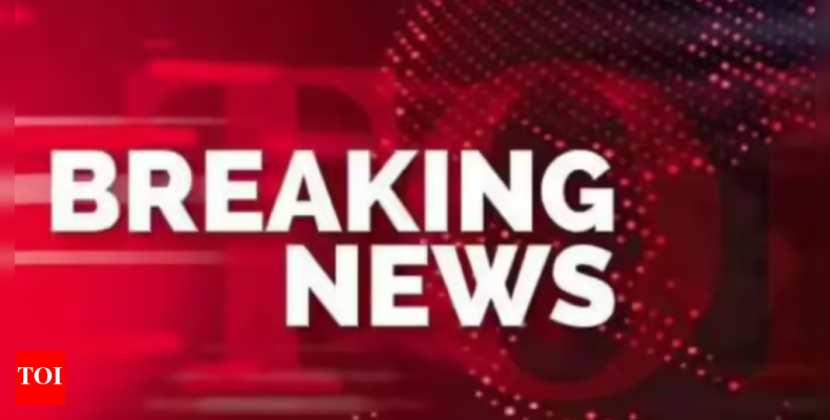
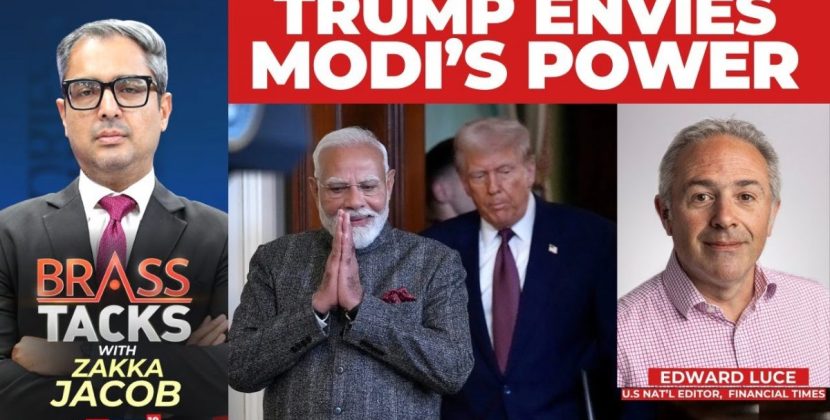





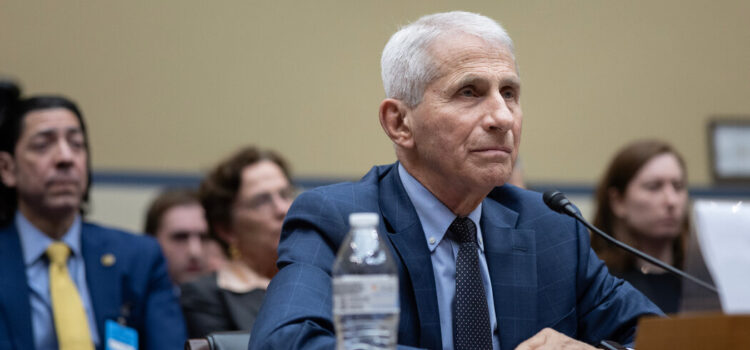
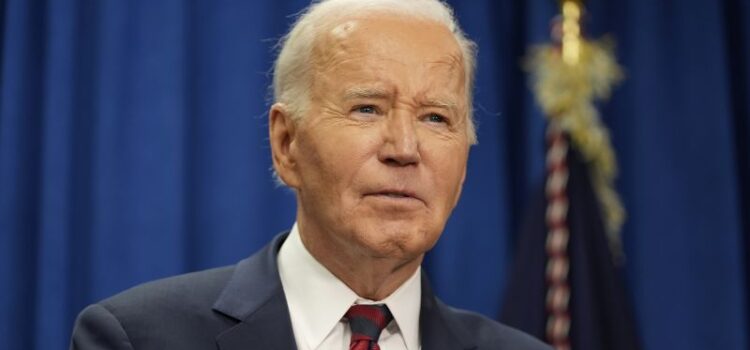


Comments